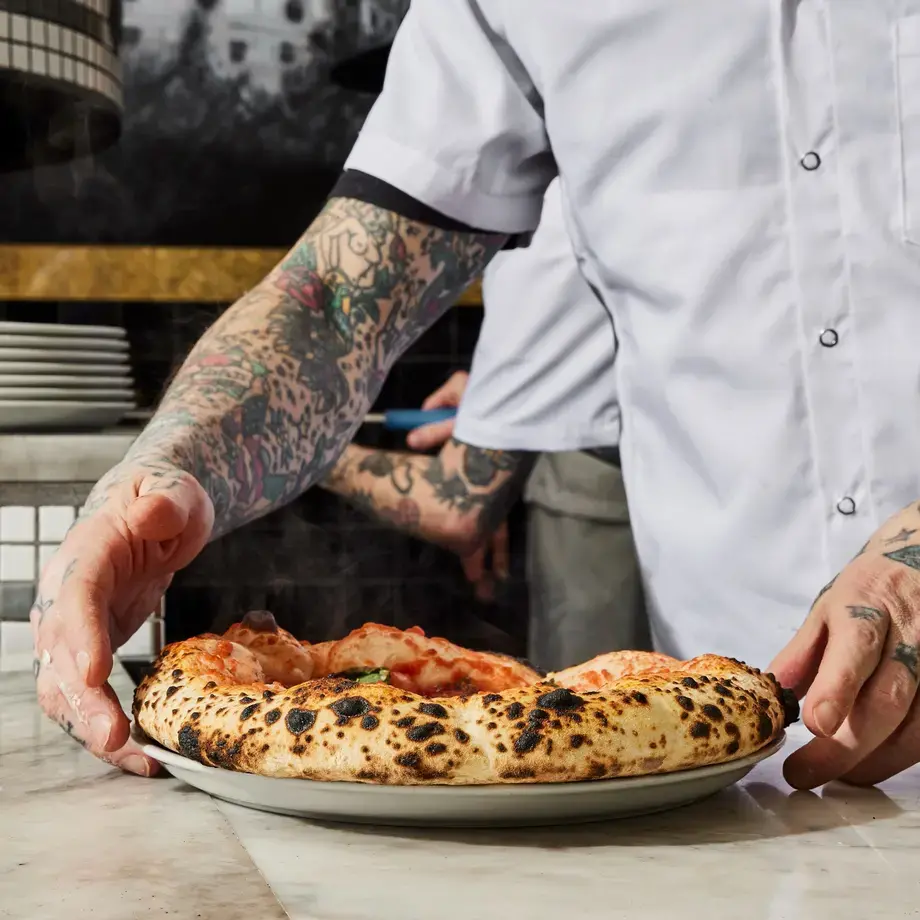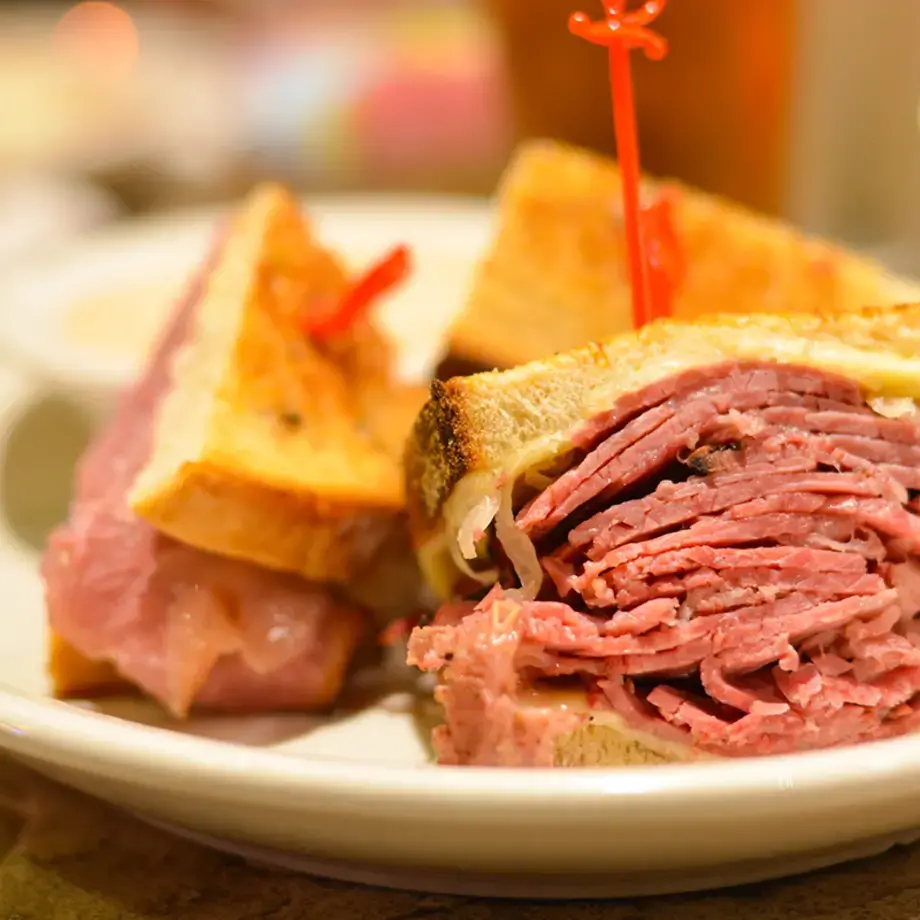Improving gender balance in professional kitchens to create a more equitable and representative industry – this was the subject of a webinar shared by S.Pellegrino Young Chef Academy with its members. The discussion featured Maria Canabal, journalist and founder of Parabere Forum, Vicky Lau, chef-owner of the Tate Dining Room restaurant in Hong Kong, Nicolai Nørregaard, chef-owner of Kadeau in Denmark, and Cristina Bowerman, chef-owner of Glass Hostaria in Rome.
The digital forum, formerly reserved for members of the Academy community, aimed to shed light on the lack of females in professional kitchens and to provide practical tips for creating a more gender diverse industry. The theme of gender equality in gastronomy is central to the mission of the Academy and of the Sanpellegrino group itself, which with initiatives like this intends to draw attention to the subject and inspire and raise awareness.
The kitchen as a boys' club
The debate, moderated by Tom Jenkins, Fine Dining Lovers journalist and Academy representative, had much food for thought. Canabal highlighted how the militarised kitchen system, the 'boys' club' mentality, and everyday sexism over the years have discouraged women from working in professional kitchens because they don't feel comfortable. Confirmation of this came from the panel. Both Lau and Bowerman have opted for independence, precisely to escape discriminatory attitudes, choosing a more gentle and respectful management style in their kitchens. “If you go through the list of award-winning women in the world, they are almost all owners. For us it is the only way to change this system," said Lau. "And despite having no experience, when I started alone, I knew I did not want to recreate that screaming and aggressive military regime. I have chosen and continue to choose calm, serene, balanced people."
Nørregaard said he also decided to manage his kitchen differently, intolerant of aggression and tension. And Bowerman added: “Despite the fact that I am always the one who makes the final decision, I have learned, from a male chef, to be kind and respectful."
Changing the culture to end harassment
A very delicate subject when it comes to working in the hospitality sector is that of sexual harassment between colleagues. But when it comes to customers, the tipping system can also lead some to feel entitled to behave inappropriately. And if on the one hand, some restaurants have chosen to change the payment system of the servers precisely to avoid this, on the other, as Bowerman pointed out, without tips there is a risk of creating a stalemate in the salaries of the people who work front of house – the phenomenon of standardisation in the Italian sector.
Female chefs in the media, at events and in juries
The media also portrays women in the kitchen differently. Search for 'famous chefs' on the internet and the images that appear are almost always of men. Female chefs only appear in specific contexts exclusive to women, especially on the occasion of International Women's Day. Yet the first chef to be awarded three Michelin stars twice was Eugenie Brazier, and that was back in 1933. “This is proof that women in high-level kitchens are by no means a recent phenomenon,” Canabal said. “But today they are paid 28% less than their male colleagues. And if 93% of domestic cooking is the prerogative of women, if 48% of undergraduates in cooking schools are women, but especially if 55% of the world population is women, is there still a real need to distinguish between male chefs and female chefs? Talent has no gender, maybe we just don't know how to recognise the talent of women even today."
Vicky Lau said: "I often realise that I am interviewed as a woman, that I am asked to give my point of view as a female chef and female owner, as if there were differences with men and as if my specific job, my path did not matter in itself." Cristina Bowerman also recounted her experience on unequal pay: “I realised that I was a second choice for many events. Those who organise festivals, events, forums are looking for a woman, not for her talent or for her path, but only as a woman, treating us as absolutely interchangeable. In addition, Bowerman continued, we women are offered about 20% less than men and the offer decreases every time we move to the second name on the list. " As proof of this, the percentage of women guests appearing are negligible, except for the world jury of the S.Pellegrino Young Chef Academy Competition where 59% of the jurors are women, a stark contrast compared to others.
Balancing work and private life: a common battle
Lau, Bowerman and Nørregaard all agreed in saying "no" to stereotypes in the kitchen and dining room. Work in the field of hospitality is extremely tiring for everyone, to the point that everyone must find solutions to better balance their work and private lives in the name of flexibility that are accessible for all staff. However, the great debate on women's quotas remains open. On the one hand, change cannot happen naturally, and therefore quotas are necessary until spontaneous equity is achieved. But on the other hand, creating prize recognition and jobs for women is a way of emphasising the differences once again.







